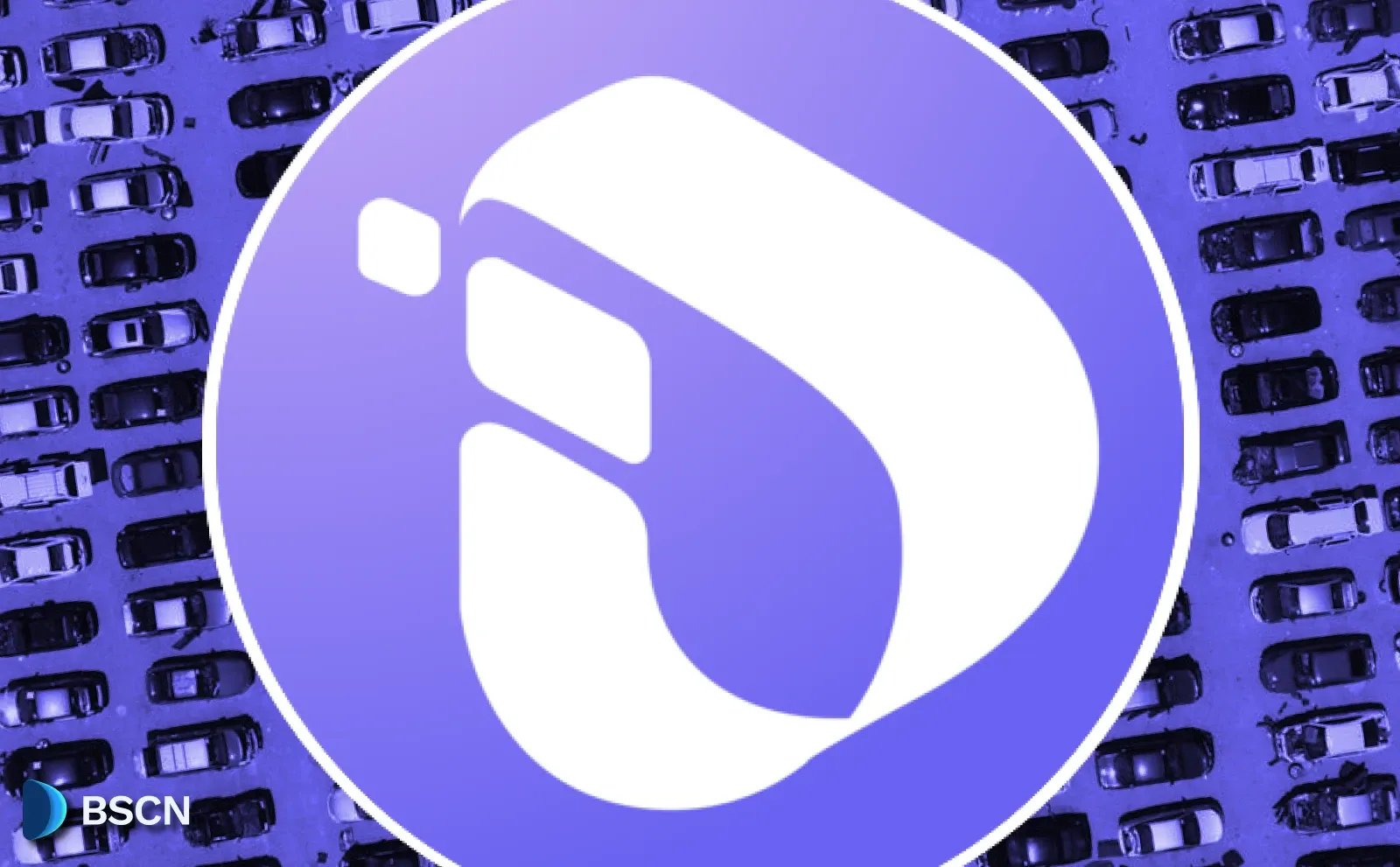News
InterLink’s Latest News: October Milestones and Road to Version 4.0
by Miracle Nwokwu
November 4, 2025
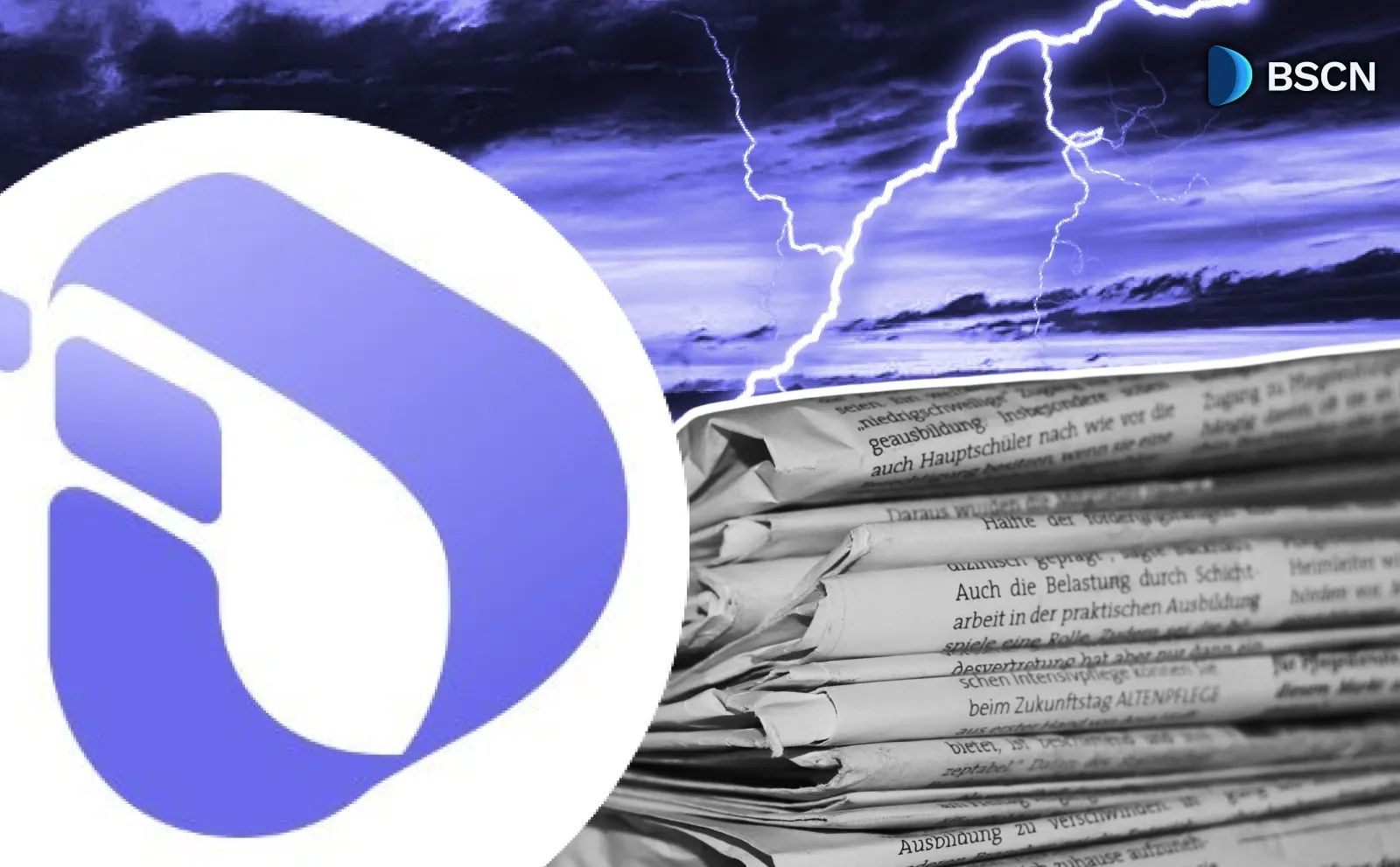
InterLink expands its Real Human Network with user growth, token burn updates, and new AI-driven trust systems ahead of Version 4.0 release.
InterLink Labs, the project behind the Real Human Network, reported a series of developments in October 2025 that expanded its user base and enhanced its platform features. The network, which emphasizes verified human connections through blockchain and AI technologies, added over 600,000 new verified users during the month, bringing its total closer to broader adoption goals.
This growth aligns with ongoing efforts to integrate trust mechanisms into digital interactions, where participants contribute through verified activities rather than automated processes.
User Growth and Network Momentum
The addition of 600,000 verified users in October underscores InterLink's focus on scaling its ecosystem while maintaining authenticity. Each new user undergoes a verification process that combines biometric data and behavioral analytics, ensuring the network remains centered on real individuals. This approach not only bolsters security but also supports the distribution of network rewards, such as the $ITLG token, which is allocated based on active participation.
In parallel, InterLink implemented a token burn mechanism that removed approximately 80 million $ITLG from circulation by the end of the month, following a DAO-approved framework. Under this system, 1% of tokens returned from inactive nodes are permanently burned during each snapshot, creating scarcity and aligning token value with sustained user engagement. For holders, this means that consistent activity—such as daily logins or group mining—directly influences token retention and potential rewards, as inactive holdings are redirected back to the network's master node.
These measures have contributed to a more balanced token economy, where value accrues to those who actively build the network. For instance, users can form Security Groups of five verified members to mine collectively, which not only increases efficiency but also feeds data into the system's trust algorithms.
Product Advancements and Technical Upgrades
October saw the rollout of version 3.3 of the InterLink platform, introducing key features like Security Groups and an improved notification system. Since the launch, over 500,000 such groups have been created, demonstrating how users are leveraging these tools to collaborate and secure their activities. The notification upgrades provide real-time alerts on token burns and security events, helping participants stay informed and responsive.
A significant step forward came with enhancements to the Human Credit Score (HCS) system, which uses multi-modal machine learning to evaluate user trustworthiness. By integrating behavioral data, biometric verification, and wallet transactions, the updated AI model aims to deliver more precise and fair assessments. This is particularly relevant for reward distribution, as higher scores unlock better access to network benefits.
Additionally, InterLink completed an audit of its ITLX DeFi components, covering smart contracts, liquidity management, custody security, performance under high loads, and compliance with international standards. The process simulated millions of transactions to confirm scalability, providing assurance for users engaging with the Super Wallet and exchange bridge. These technical validations are crucial as the platform prepares for broader integrations, including the upcoming HCS rollout.
The company also advanced its AI engineering efforts, training models on data from verified human nodes to improve accuracy in identity and behavior analysis. This work, ongoing since 2019, positions InterLink to compete in global AI benchmarks, with a focus on human-powered intelligence rather than purely data-driven approaches.
Community Engagement and Ambassador Expansion
At the core of InterLink's operations are its ambassadors, who drive community building and adoption. October welcomed over 1,000 new ambassadors, expanding the network's reach across regions. A reward cycle distributed $20,000 in revenue sharing to global contributors, while an additional $50,000 went toward community incentives, rewarding tasks like referrals and event participation.
To foster fairness, InterLink introduced the Ambassadors Credit Score (ACS), which evaluates contributions based on activity, team building, and performance. Higher ACS unlocks priority access to campaigns and allocations, ensuring that dedicated members receive recognition regardless of when they joined. This system complements the broader HCS, creating layers of accountability within the ecosystem.
Offline activities further strengthened ties, with three events in India attracting over 400 participants. These gatherings emphasized real-world connections, allowing members to discuss network features and share experiences.
Global Events and Offline Outreach
Building on October's momentum, InterLink has scheduled events to broaden its international footprint. In the United States, the first offline meetup is set for November 23 in California, hosted by a community builder and open to registrations via direct message. This event aims to facilitate in-person networking among active members.
In India, another major gathering is planned, with over 2,000 seats already reserved, focusing on the ITLX Wallet and ecosystem education. An online event for the Indonesia community will connect participants virtually, highlighting regional adaptations. As the year ends, InterLink Day will feature worldwide celebrations, including meetups and updates in multiple countries.
Looking Ahead to November and Version 4.0
With November underway, InterLink's team is prioritizing the launch of version 4.0, which will integrate the HCS, ITLX Super Wallet, ITLX Exchange, and distributed verification for $ITLG and $ITL tokens. This update represents a milestone in enabling seamless exchanges and enhanced utilities, such as using $ITL for payments in mini-apps covering e-commerce, travel, and more.
A DAO proposal for HCS implementation invites community votes, emphasizing governance in key decisions. As Q4 progresses, the full release of the ITLX Wallet and HCS will lay the groundwork for a system where trust metrics drive economic interactions.
Sources:
- InterLink Labs October 2025 Highlights: https://x.com/inter_link/status/1985192763101483371
Disclaimer
Disclaimer: The views expressed in this article do not necessarily represent the views of BSCN. The information provided in this article is for educational and entertainment purposes only and should not be construed as investment advice, or advice of any kind. BSCN assumes no responsibility for any investment decisions made based on the information provided in this article. If you believe that the article should be amended, please reach out to the BSCN team by emailing info@bsc.news.
Author

Miracle Nwokwu
Miracle holds undergraduate degrees in French and Marketing Analytics and has been researching cryptocurrency and blockchain technology since 2016. He specializes in technical analysis and on-chain analytics, and has taught formal technical analysis courses. His written work has been featured across multiple crypto publications including The Capital, CryptoTVPlus, and Bitville, in addition to BSCN.
Related News
Latest News
February 6, 2026
CZ Is Working With Governments to Put National Currencies On-Chain
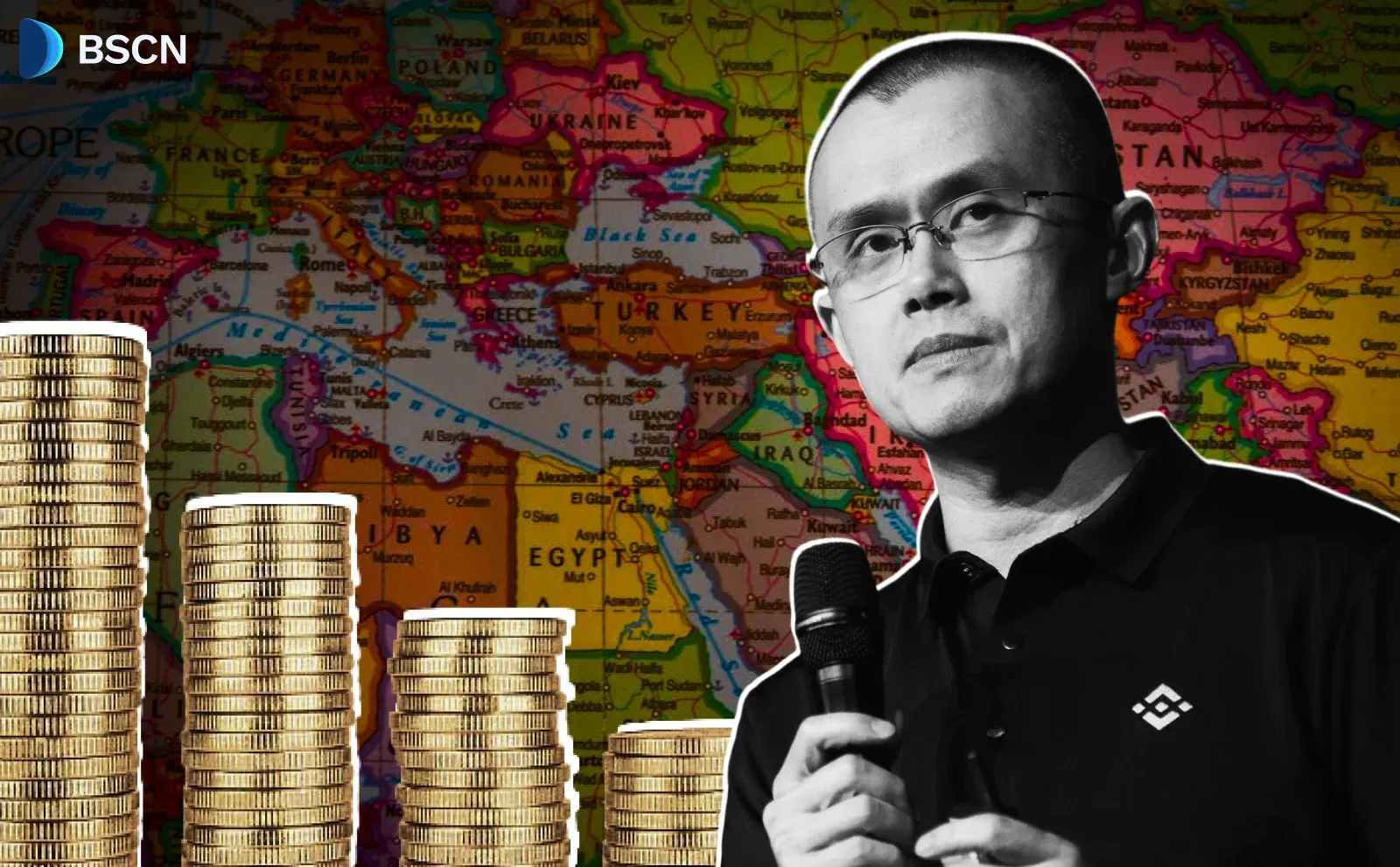
February 6, 2026
Why Is Vitalik Buterin Selling ETH? $13M+ Dumped in 4 Days
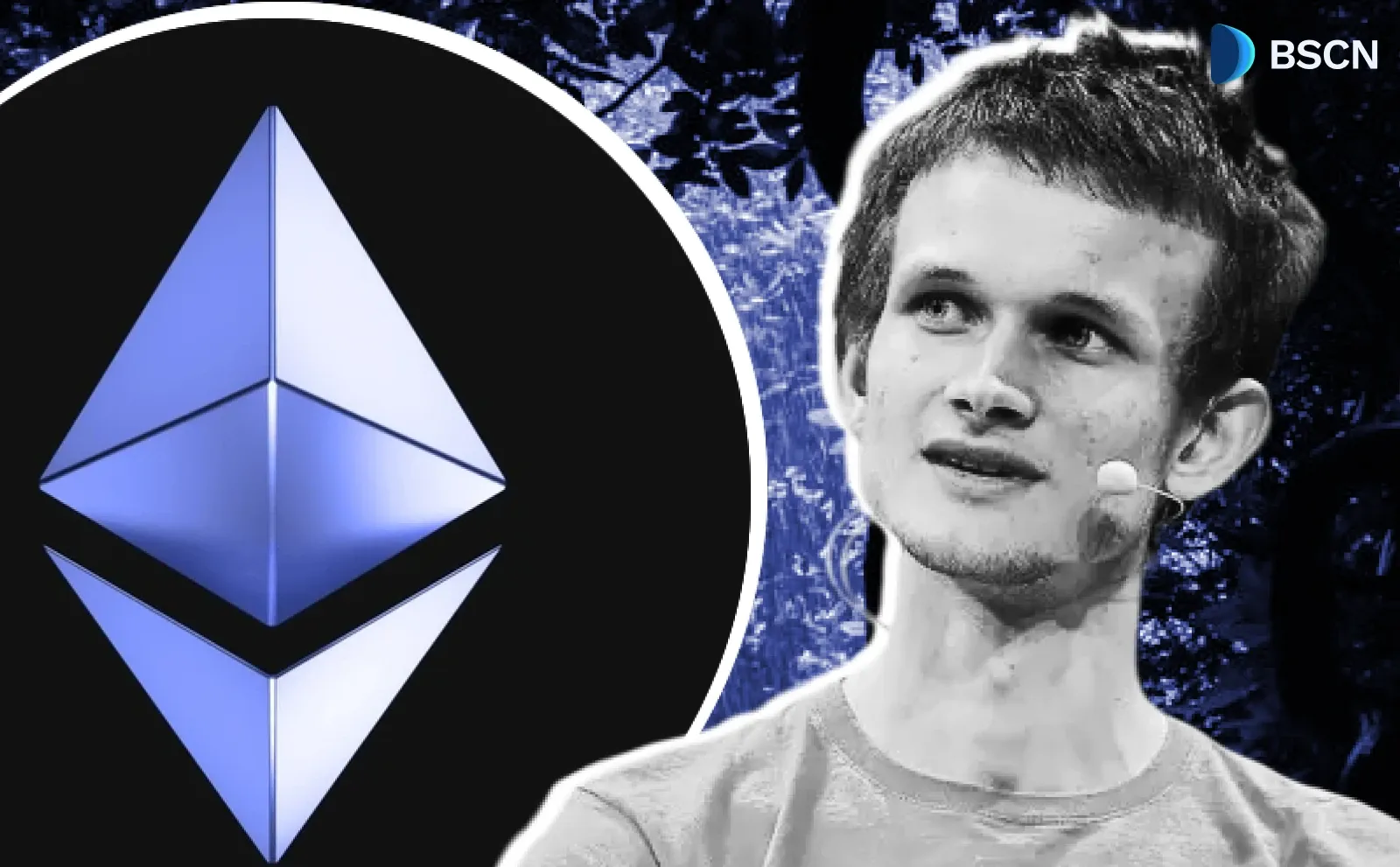
February 6, 2026
What Is Warden Protocol? The AI Wallet That Trades for You
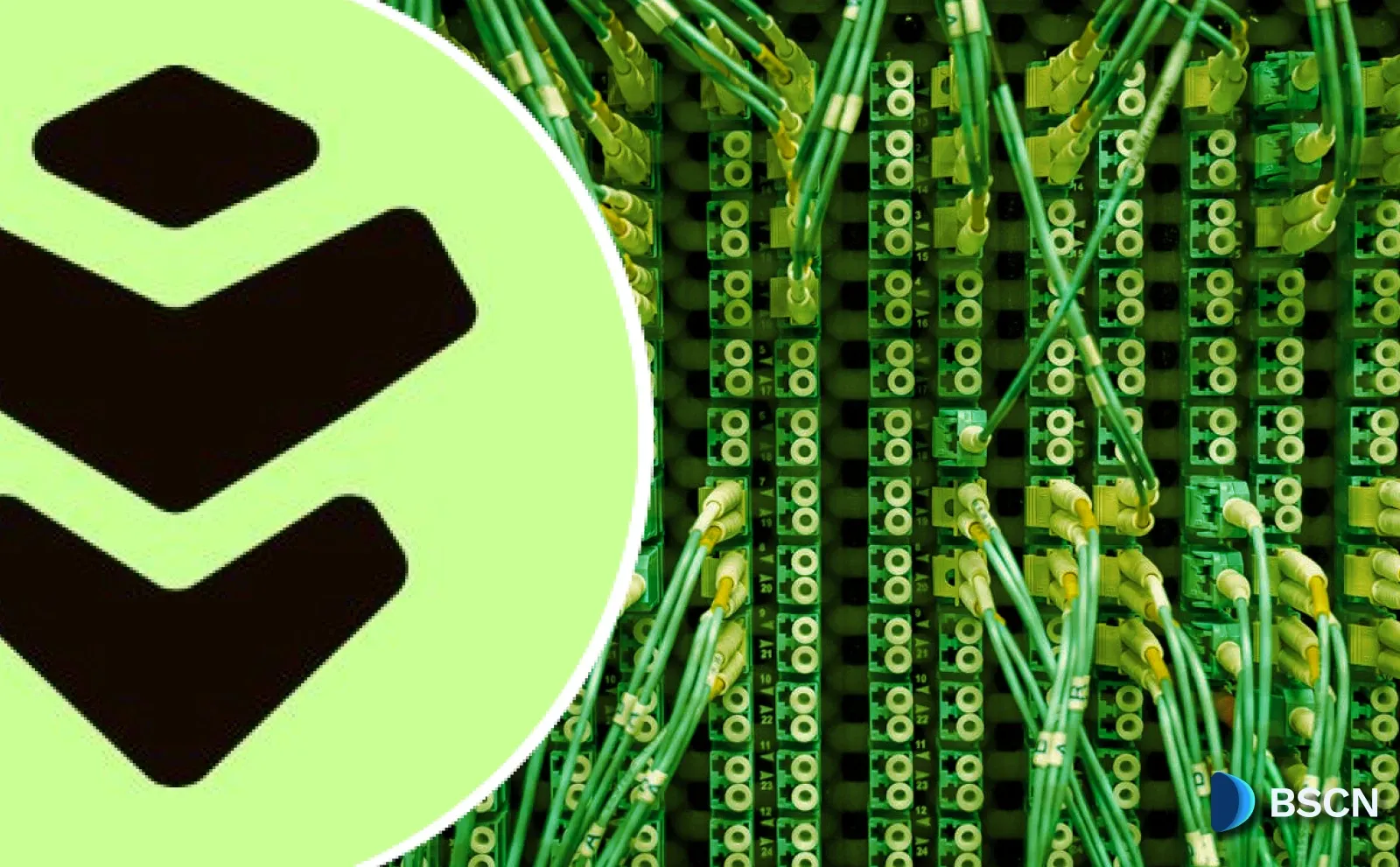
February 6, 2026
CZ's Favorite Perp DEX: Aster Explained
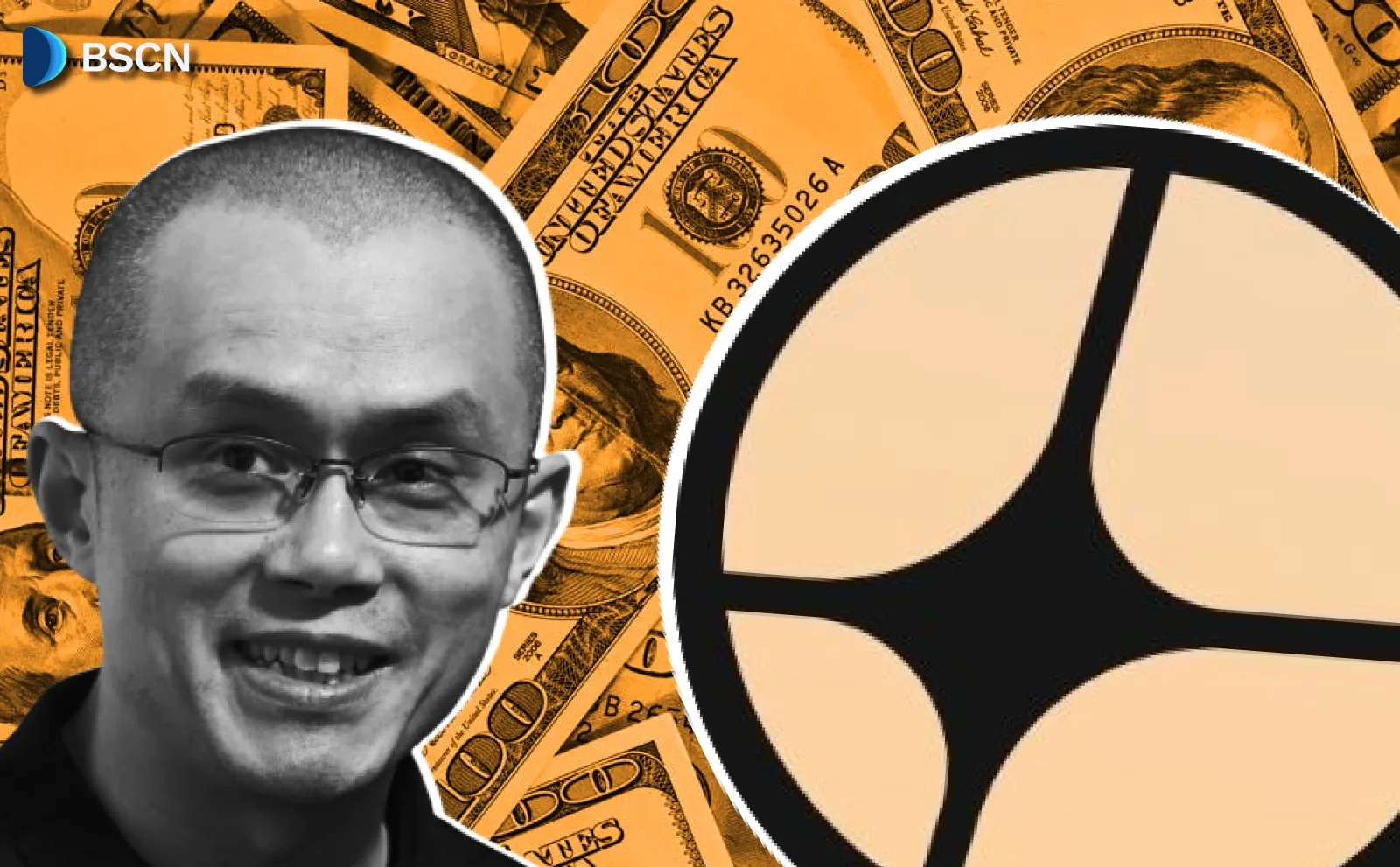
February 6, 2026
How Has Valour’s Pi Network ETP Performed So Far?
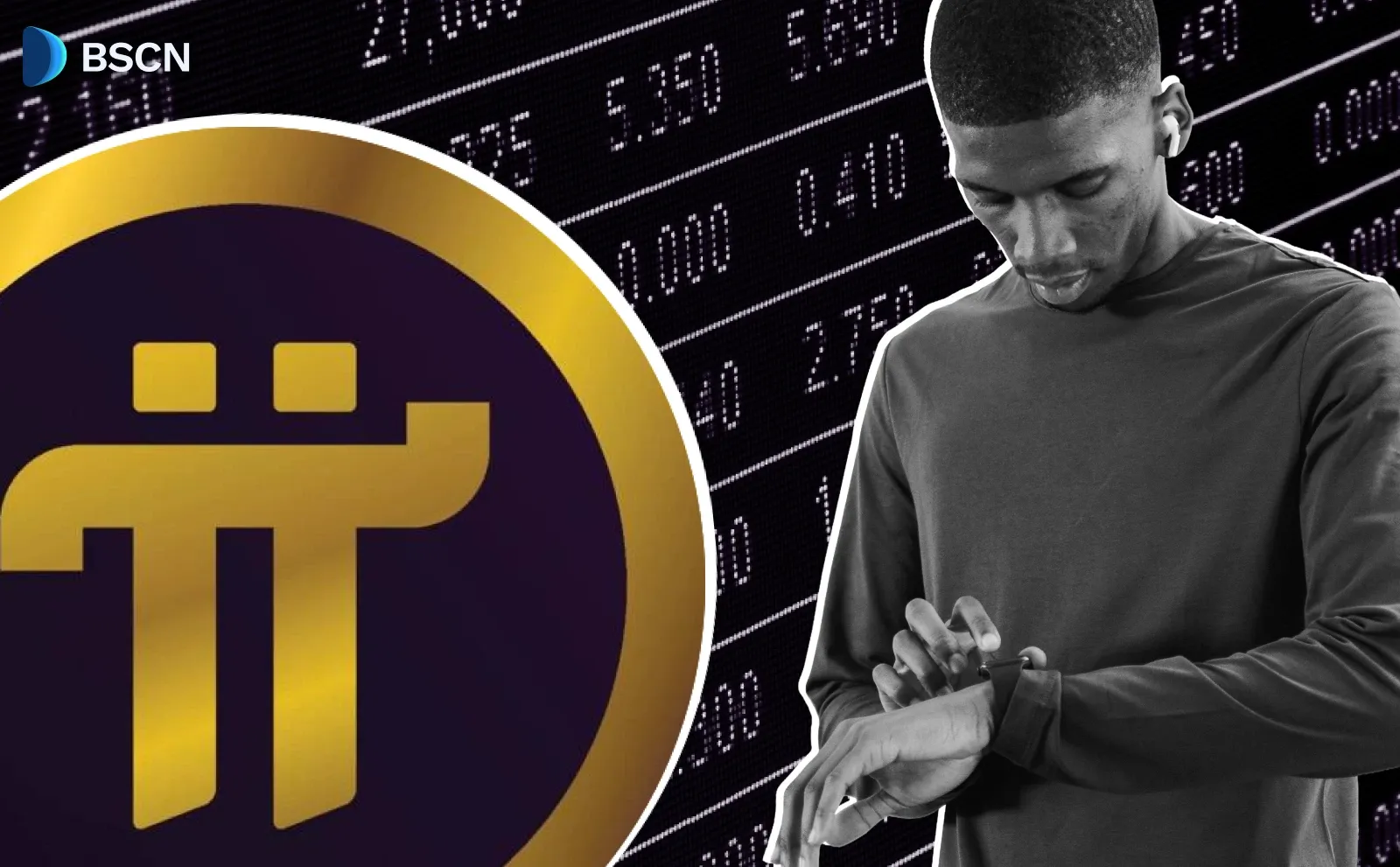
February 6, 2026
PancakeSwap Cuts Token Supply and Hits $3.5 Trillion Volume

February 6, 2026
How Low Can ETH Go From Here?
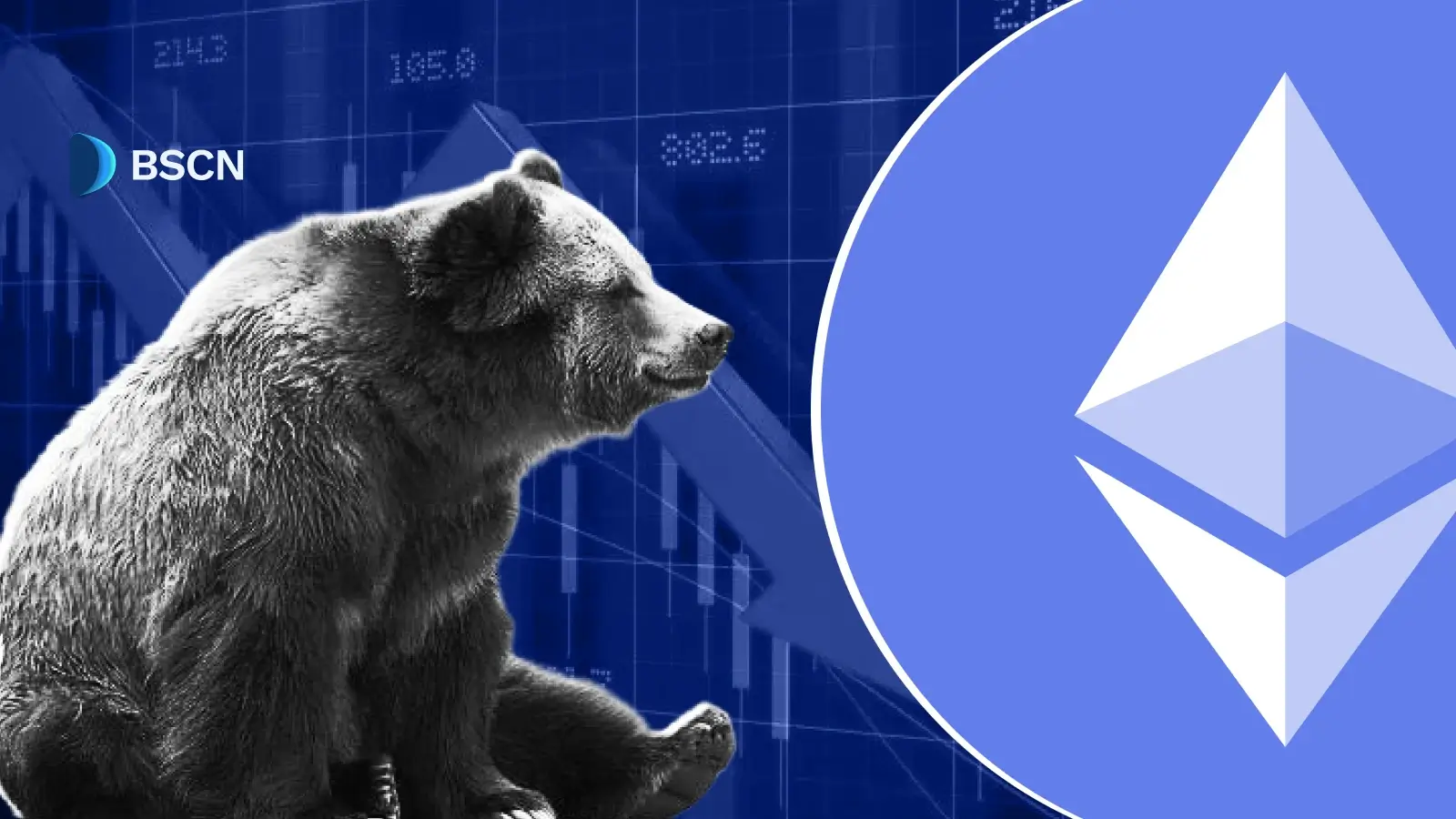
February 6, 2026
InterLink Hits 6M Users: +1M Users in a Single Month
